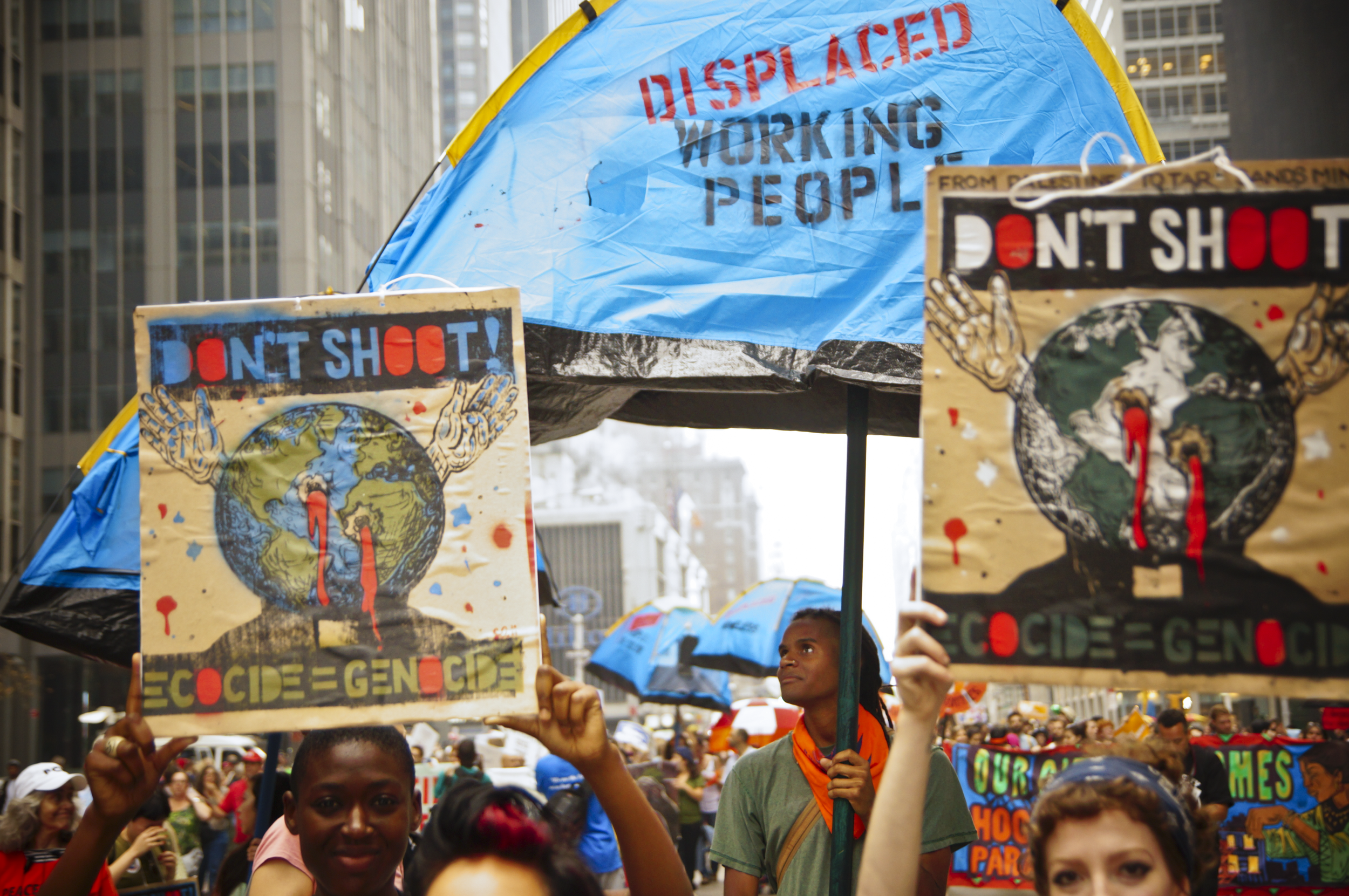
Our Blog
Categories
- Africa
- African Union
- Central Africa
- Citizenship laws
- Climate Change
- Competion Law
- Constitutional Court
- Constitutional Law
- Constitutional law
- Disability Rights
- Disability rights
- East Africa
- Environmental Law
- Gender Equality
- Governance
- Human Rights
- Human Rights Law
- ICJ Advisory Opinion
- Immigration Laws
- International Law
- Kenya
- Labour Law
- Mining Law
- Nigeria
- North Africa
- Political Rights
- Public International Law
- Public Law
- Right to Vote
- SADC Region
- Socio economic rights
- South Africa
- Southern Africa
- Uganda
- West Africa
- Year end anthology
- Zambia
Reflections on the possible implications of using the term ‘illegal foreigner’ or ‘illegal immigrant’ in South Africa’s immigration policies.
It was Sharma Robin who said words can inspire, and words can destroy, choose your words carefully. The power of words within our communities and legal spaces can never be understated. In this article, Felicity critically analyzes the use of the word ‘illegal foreigner’ within the South African legislative framework. She argues that the term holds a criminal undertone that can fuel stigmatisation, discrimination, and ultimately results in the violation of people’s human rights. Felicity advocates for the amendment of the Immigration Act .
The Zimbabwean Exemption Permit and the Boundaries of Citizenship
In this week’s post, Dr. Hobden tackles an ongoing situation on Zimbabwean Exemption Permits (ZEP). The ZEP is a special permit allocated to undocumented Zimbabwean migrants to legalize their stay in South Africa. In a way, she is persuaded that the ZEP is revelatory of the boundaries of citizenship in South Africa. She argues that the ZEP issue demonstrates SA’s overtly rigid stance towards access to citizenship within the Republic.
A children's rights approach to the climate crisis in Africa
Climate change has created a children’s rights crisis which disproportionately affects children on the African continent. Bryony Fox discusses this issue and argues that it is time for a comprehensive children's rights approach to climate change impacts in Africa.
Population Displacement and Genocidal Violence in an Age of Climate Change
Climate change and the related crime of ecocide have increasingly been the focus of academic and public attention. As once stable weather patterns become more unpredictable and previously rare weather events become more common and more extreme, we are belatedly recognizing that the ecological destruction inflicted on the world around us poses a tremendous threat to not just the natural world, but to humanity as well.
Several reflections on the displacement in the Sahel due to climate change
Environmental degradation has become a serious problem in the Sahel, which is disproportionately impacted by climate change, with temperatures rising 1.5 times faster than the global average, and the situation is further aggravated by political instability. It is, therefore, consequential that this entire situation has produced – and is producing – a massive displacement of populations within the region.
Climate Change and Migration: A Complex Web
Climate change is described as the ‘ultimate threat multiplier’. Changes to the natural environment put pressure on social, economic and political systems. As a threat multiplier, climate change exposes and exploits existing vulnerabilities. It worsens pre-existing tensions, weak governance and other socio-economic factors.
- Africa
- BBI judgment
- Children's rights
- Climate Change
- Constitutional Court
- Constitutional Law
- Constitutional reform
- Democracy
- Election series
- Elections
- Environmental Justice
- Equality
- Human Rights
- International Law
- Kenya
- LGBTQ+ Rights
- Migration
- Namibia
- Nigeria
- Political Rights
- Public participation
- Refugee and migration series
- Refugees
- Socio-economic rights
- South Africa
- South African Constitution
- Women in Africa
- Women's Month
- Women's rights
- World Congress
Submissions
We welcome unsolicited submissions covering current legal developments in constitutional law, fundamental rights law, public law, international law and related fields.







